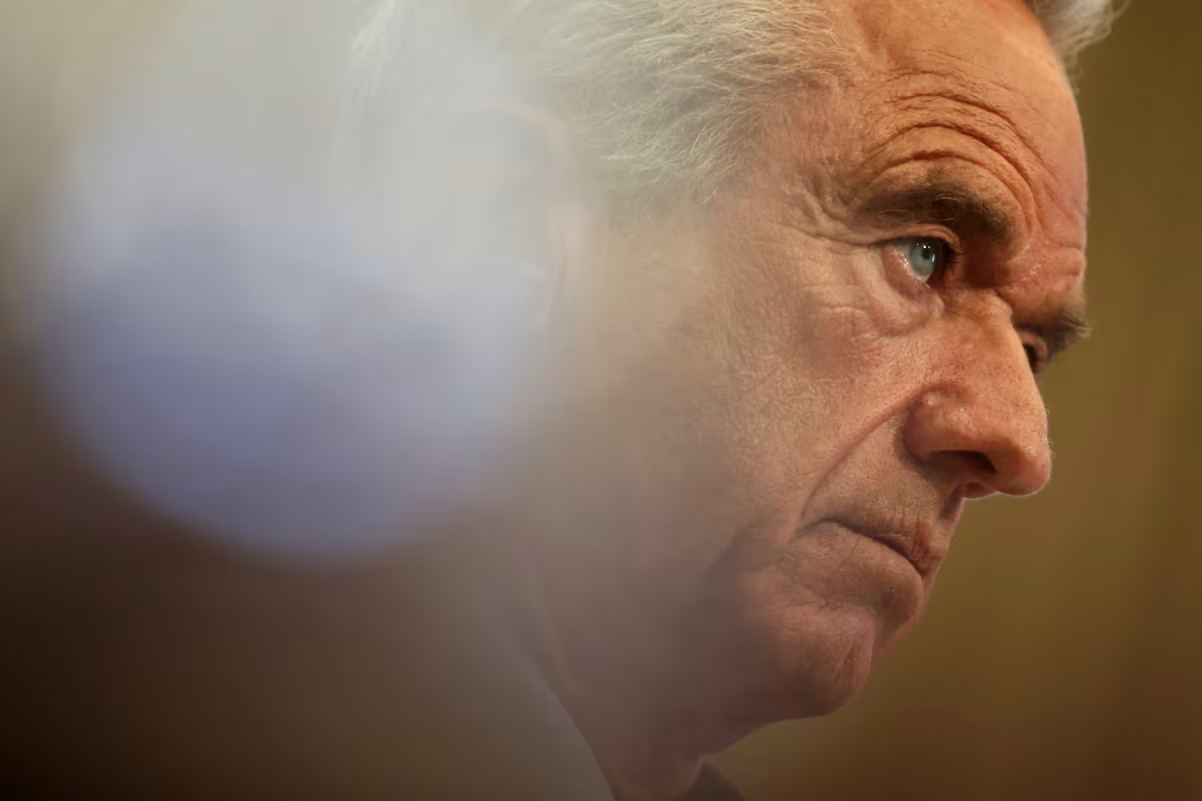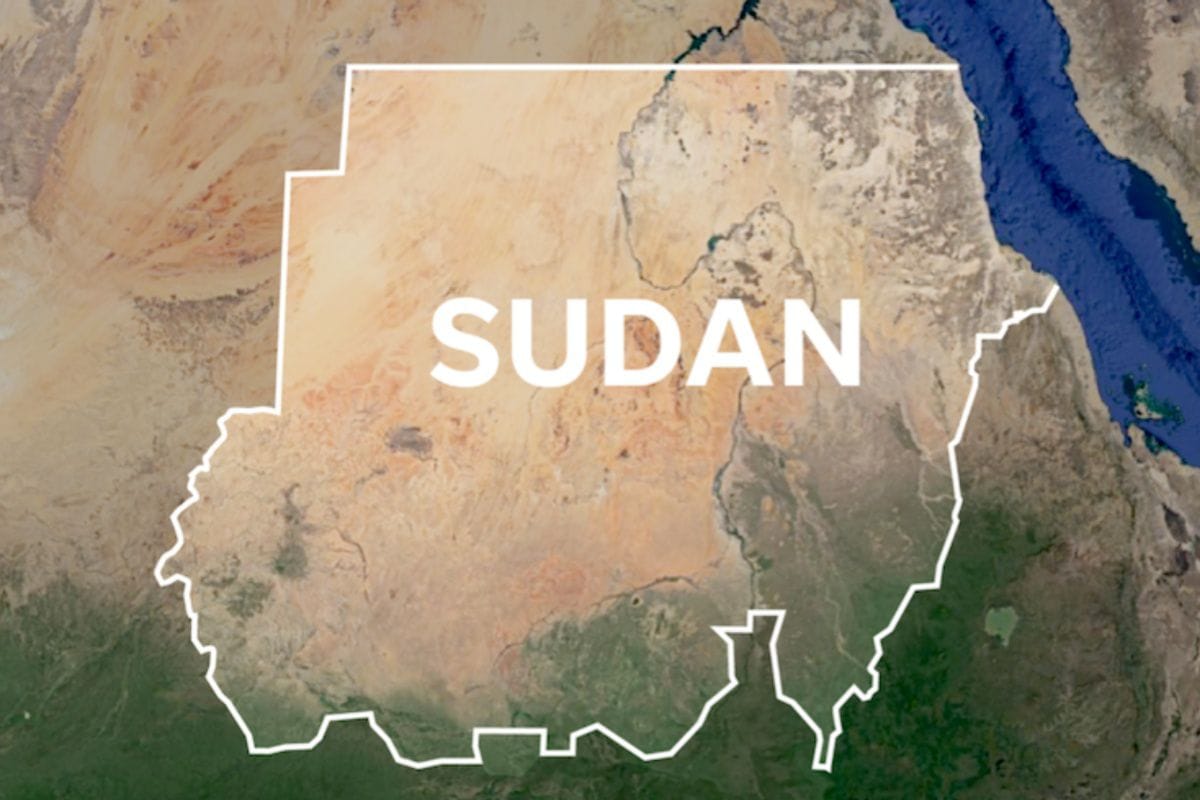RFK Jr. faces an accounting over U.S. public health as his controversial leadership and policy decisions send shockwaves through America’s healthcare system. Lawmakers, medical experts, and public health advocates are raising concerns that his stance on vaccines, federal health agencies, and research oversight may undermine trust in science and jeopardize public safety.
For years, Robert F. Kennedy Jr. has been a polarizing figure in U.S. public health debates. His criticism of vaccine mandates, questioning of federal research agencies, and repeated clashes with mainstream scientific institutions have earned him both devoted supporters and intense critics. Now, amid heightened scrutiny, RFK Jr. faces an accounting over U.S. public health that could shape the nation’s approach to future health challenges.
Vaccine Policy Controversy
Kennedy’s approach to vaccines has drawn the most public attention. Critics argue that scaling back mRNA vaccine research and questioning COVID-19 vaccine policies risks undermining years of public health progress. Health experts warn that limiting access or promoting skepticism about vaccines could contribute to preventable disease outbreaks.
Dr. Peter Hotez, a leading vaccine researcher, emphasized that “confidence in vaccines is critical to protecting the public.” Outbreaks of preventable diseases could reverse decades of progress. Federal agencies such as the Centers for Disease Control and Prevention (CDC) continue to emphasize vaccines as one of the most effective public health tools.
Supporters of Kennedy argue that these changes are intended to increase transparency and address public concerns about long-term safety. They claim that questioning established programs is not anti-vaccine but a call for accountability and stronger evidence-based policies.
Congressional Oversight and Accountability
During Senate Finance Committee hearings, Kennedy faced pointed questions about canceled contracts, reduced budgets for vaccine research, and restructuring of advisory boards. Lawmakers stressed that decisions affecting millions of Americans should be driven by science rather than ideology. As such, RFK Jr. faces an accounting over U.S. public health in a literal sense: he must justify policy changes before Congress.
Senator Ron Wyden stated, “Public health cannot afford to be compromised by politics. Evidence and science must guide policy.” These hearings also included discussions on how Kennedy’s positions might affect vaccine uptake and preparedness for future health emergencies.
The “Make America Healthy Again” Initiative
Kennedy’s “Make America Healthy Again” (MAHA) program is central to his defense. The initiative focuses on chronic illness, environmental toxins, over-medication, and dietary factors. Kennedy argues that Americans suffer from systemic health neglect, spending more on healthcare than other nations while experiencing rising rates of diabetes, obesity, and heart disease.
However, MAHA has faced criticism for reporting errors, such as mis-citations and incomplete references, which the White House acknowledged. Critics argue that this undermines credibility, while supporters view these issues as minor formatting errors that do not diminish the initiative’s overall goals.
Impact on Federal Health Agencies
Kennedy has also restructured key federal health agencies. Reports indicate that advisory boards at the FDA and NIH were sidelined, and some senior staff reassigned. Critics warn that weakening these institutions reduces their independence and the ability to respond effectively to health crises.
Advocacy groups such as Defend Public Health argue that this has created confusion and instability. They contend that undermining agencies like the CDC or NIH risks compromising critical public health initiatives. For these reasons, RFK Jr. faces an accounting over U.S. public health—his decisions have direct consequences on public safety and trust.
Public Perception and Trust
Public trust is a cornerstone of effective health policy. By challenging established institutions and scientific consensus, Kennedy has tapped into skepticism while simultaneously fueling controversy. Critics worry that this may decrease adherence to recommended health measures, while supporters praise his willingness to confront entrenched systems.
Future health challenges, including emerging diseases and pandemic preparedness, may hinge on public confidence in guidance. As Kennedy continues to shape policy, these developments remain a key concern for lawmakers, experts, and citizens alike.
Conclusion
In the months ahead, congressional oversight, media scrutiny, and advocacy group pressure will continue. Whether Kennedy’s agenda is seen as bold reform or reckless mismanagement is yet to be determined. What is clear is that RFK Jr. faces an accounting over U.S. public health—and the stakes could not be higher.
For ordinary Americans, the outcomes may affect vaccine accessibility, agency credibility, and national preparedness for future health emergencies. This reckoning is more than a political debate; it is a test of evidence-based policy, accountability, and the integrity of the nation’s public health system.

More News at Swiftreportnow.com


